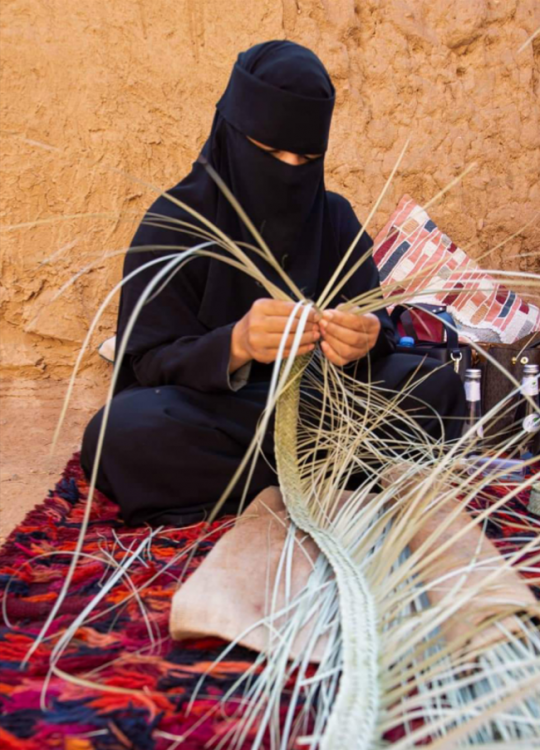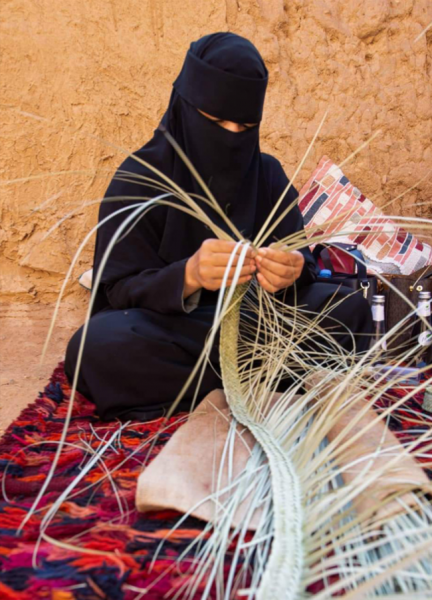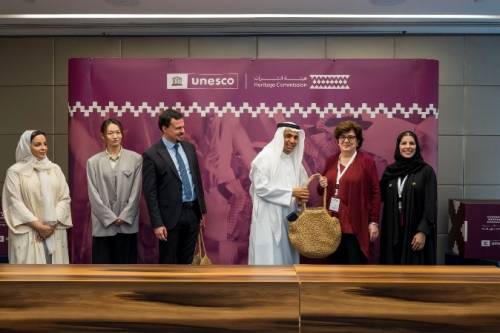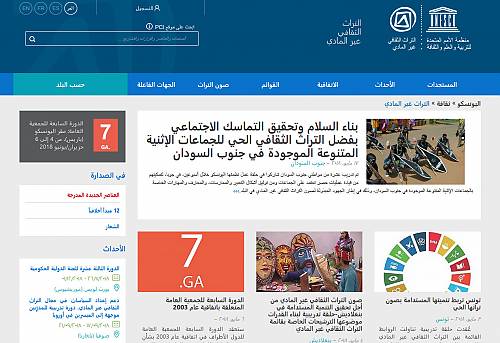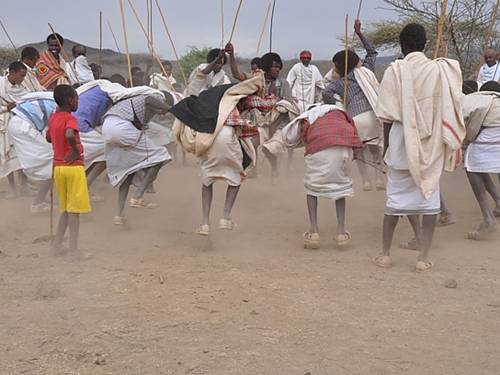On 1 July 2024, the first workshop on intangible heritage and cultural policies under the project Heritage and creativity for AlUla’s sustainable Development took place online. This is part of a global UNESCO – AlULa Partnership to strengthen and advance the role of AlUla heritage in sustainable development and the empowerment of local communities.
The workshop aimed to raise awareness among senior government officials and policymakers about opportunities for integrating the safeguarding of living heritage in policies and programmes for sustainable development within the framework of the 2003 Convention for the Safeguarding of the Intangible Cultural Heritage. Such opportunities include considering the cross-cutting nature of living heritage and its ability to contribute to sustainable development through involvement with other sectors such as agriculture, education and more. Over 40 stakeholders from various sectors, including culture, education, agriculture and community development, participated in this event.
Informed by preliminary results from a needs assessment initiated in March 2024, the online workshop featured sessions facilitated by an expert from the Global facilitators network under the 2003 Convention. An introduction to living heritage and the UNESCO Convention set the scene and was followed by a presentation of the preliminary findings from the assessment, which had identified potential synergies with tangible heritage and creative industries in AlUla. The workshop finished with global best practices in integrating living heritage into policies.

© AlUla Moments
Following the online workshop, working sessions were held in AlUla with stakeholders from the Royal Commission for AlUla (RCU) to provide technical advice on integrating the principles and provisions of the 2003 Convention into heritage policy development in AlUla. Additionally, a series of consultations took place with local community members, including educators and civil society organizations, to understand the context of living heritage in AlUla and gather their input on ways forward for implementation. The results of the online workshop, working sessions and consultations will feed into a final needs assessment report, which will act as a guide for the project implementation phase.
These activities are part of the project Heritage and creativity for AlUla’s sustainable development, funded by the Royal Commission for AlUla. Upcoming activities will focus on providing further policy support, building capacities of key stakeholders on the safeguarding of living heritage and contributing to integrating living heritage into education.
This initiative is part of a wide-ranging collaboration between UNESCO and the Royal Commission for AlUla (RCU), an active partnership since 2021. Together, UNESCO and RCU are dedicated to preserving AlUla’s rich history, raising awareness about its heritage sites, and demonstrating the impact of their joint efforts to inspire communities. This also implies transforming this ancient landscape into a laboratory of ideas and a vibrant centre for innovation, research, and community empowerment. This unique partnership, both within Saudi Arabia and on the global stage, is driven by a shared commitment to combining expertise in cultural heritage, documentary preservation, and social transformation.
